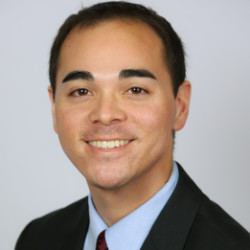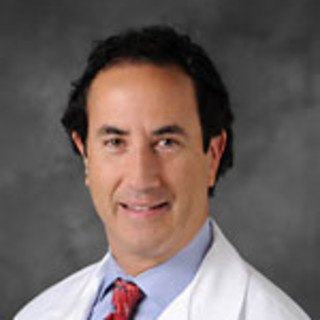Spend enough time in today’s health care ecosystem and you’ll hear the same refrain over and over again: Private practice is dead. The idea of “going solo” is dismissed as outdated, financially impossible, or professionally unsustainable in a landscape dominated by hospital systems and private equity–backed consolidations.
But what if that’s wrong?
What if the death of private practice isn’t about market forces — but mindset?
As someone who has worked extensively within large health systems, I understand the supposed logic: Bigger groups mean economies of scale, payer leverage, and built-in support systems for HR, billing, and compliance. The infrastructure is already there, and it’s tempting to plug into it. Many physicians now assume it’s the only path forward — and that to go independent is career suicide.
But I want to tell you about someone who tested that assumption — and proved it false.
Let’s call him Dr. John.
Career Suicide? Or Visionary Leap?
Dr. John is a pediatrician who launched his own solo practice in the heart of Los Angeles — one of the most expensive, competitive health care markets in the country. And by nearly every conventional metric, what he did should not have worked.
He took on close to $1 million in debt, on top of his existing student loans. He found an empty office building and completely remodeled it to reflect his vision of what a pediatric office should be — bright, engaging, family centered, and tech forward. He learned how to build a supply chain from scratch, including getting certified for proper vaccine storage. He hired his staff, set up his own EMR, handled contracts and credentialing, and structured the business from the ground up.
But that’s not all — he got creative.
Dr. John realized early on that survival would require more than just billing insurance. So he built multiple income streams. He designed a tiered subscription model for concierge-style pediatric care — entirely cash pay. Families can choose different levels of access and benefits depending on their needs. He leaned into social media to grow a community of followers and prospective patients. He even installed a photo booth in his office to appeal to today’s tech-savvy, content-driven families. His brand is fun, modern, and entirely his.
The result? His quarterly income is well into six figures. He’s attracting families who value a relationship with their child’s doctor, not just a name on a billing sheet. And most importantly — he’s happy.
From Burnout to Boldness
What makes Dr. John’s story even more impressive is that he didn’t start with a trust fund or a roadmap. In fact, just a few years ago, he was deeply disenchanted with medicine. Like many early-career physicians, he had joined a large group and was quickly burned by the reality of opaque compensation structures, senior partner favoritism, and a complete lack of autonomy.
Unlike most, however, he didn’t just accept it.
He left.
And he built something better — for himself, for his patients, and for the community he serves.
So What Can We Learn From Dr. John?
For starters: We are more capable than we think. Physicians are trained to solve complex problems every day — yet when it comes to our careers, many of us underestimate our own resourcefulness. We outsource our futures to large systems or corporate groups and tell ourselves that the tradeoffs are necessary.
But Dr. John’s story reminds us that we don’t have to settle.
Yes, building something from scratch is hard. Yes, it’s risky. Yes, it will challenge you in ways medical school never prepared you for. But if a solo pediatrician can do it — in Los Angeles, no less — then there’s reason to believe it’s possible in more places, and for more physicians, than we give credit for.
Independent practice isn’t about nostalgia. It’s about reclaiming agency. About designing a model of care that reflects your values, not a productivity dashboard. And sometimes, it’s about taking a leap, even when everyone around you says it can’t be done.
The Bottom Line
Private practice didn’t die. We just stopped believing we could do it.
And maybe it’s time we started believing again.
What’s stopping you from going independent? Share in the comments.
Dr. Neal Kaushal serves as division chief of gastroenterology, Integris Health, Oklahoma. He also has a specialty in business operations and is passionate about the intersection of business and medicine to support patient access to care. He enjoys playing ball and going on walks with his three Dobermans, Rani, Riya, and Rishi. Dr. Kaushal was a 2024–2025 Doximity Op-Med Fellow.
Image by wan wei / Shutterstock







